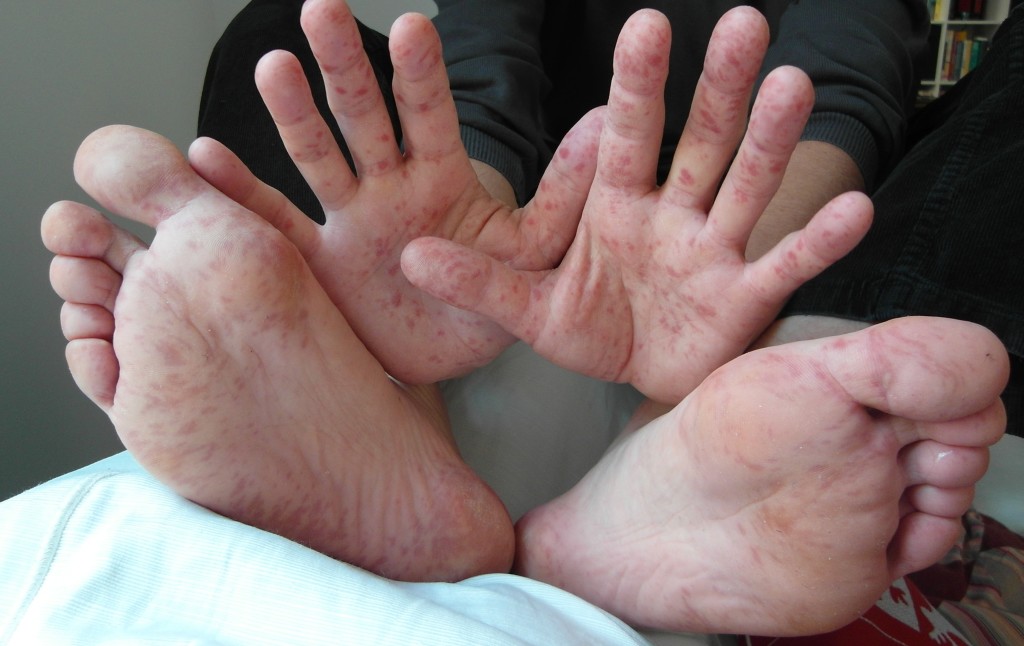
MANILA — “Controlling foot-and-mouth disease (FMD) and other trans-boundary animal diseases at source should be a shared obligation among countries — both infected and uninfected — as governments target an FMD-free world by 2020.”
This was stressed by Agriculture Secretary Proceso Alcala in a statement Friday as the DA, through its Bureau of Animal Industry (BAI) hosted with the Office of International des Epizooties (OIE) or World Organization for Animal Health the 21st OIE Sub-Commission Meeting for FMD in South-East Asia and China from March 10 to 13, 2015 in Manila.
The meeting brings together around 100 representatives from all Southeast Asian countries plus China, the OIE and its technical partners, the private sector, the academia and donor countries.
The gathering of officials and technical experts sought to provide an update of the current FMD situation in the region and efforts to control and eradicate the disease.
“With China and Southeast Asia emerging as new global growth hubs, there is a growing recognition of the huge potentials of the region’s livestock and poultry sector and the significant role it will play in the region’s progress,” Alcala said.
He noted, however, that despite its huge potential, the region’s livestock sector is hampered by a number of constraints that included the persistence of some trans-boundary and highly contagious animal diseases such as the FMD among others.
“While the Philippines has maintained an FMD-free status through a progressive zoning approach without vaccination, it has not become complacent and instead continued to work with other countries through the OIE for FMD control,” Alcala said.
He said that the DA has always been on strict watch against the disease’s possible return as FMD has yet to be totally eradicated in neighboring China and the majority of Southeast Asian countries.
“There is no other way then but for countries to cooperate more in strengthening the global anti-FMD network, as no country on its own could totally eradicate the disease,” Alcala said.
The Agri chief lauded the holding of the annual meeting as a venue for continuous collaboration, networking and strengthening of animal health programs of member countries to achieve the common goal of preventing, controlling and eliminating FMD.
“Through this activity and with OIE’s guidance, we would be ensured that FMD control activities among countries become more coordinated as coherent regional strategies are crafted. These are equally important on top of technical advice, and political and resource support to achieve FMD freedom,” Alcala said.
FMD is a highly contagious trans-boundary animal disease, which poses serious threats to the livestock production, food security, and livelihoods of farmers globally. The presence of FMD in endemic countries reduces productivity and restricts market access as a country’s FMD-free status is an international trade requirement.